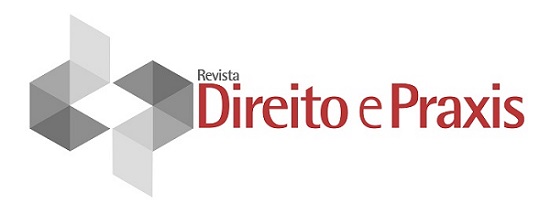Abstract
After the attacks against the twin towers in the United States on September 11, 2001, many countries hardened the formulation and enforcement of their anti-terrorist legislation, in some cases, committing abuses and misuse of purpose of the law, how did it happen in the Chilean State, which was condemned by the Inter-American Court of Human Rights (IACHR) for framing Mapuche Indians as terrorists. In this context, the objective of this paper is to demonstrate the urgent need to clearly define what can be understood by terrorism, as a way to avoid abuses and deviations that could result in human rights violations. For this purpose, a research was done in the national and foreign doctrine, as well as in the international jurisprudence. After analyzing the data collected, this text was drafted, which initially demonstrates the difficulties in defining terrorism, given its high complexity and constant transformation. Next, the socio-historical contours of the Mapuche conflict are exposed in order to demonstrate its social and non-terrorist claim nature. Finally, the main points of the Court's decision are analyzed in order to prove our main hypothesis: the urgent need to improve the conceptual delimitation of the crime of terrorism in order to avoid excesses that could lead to human rights violations.
Keywords:
Terrorism; Mapuche; Inter-American Court of Human Rights
